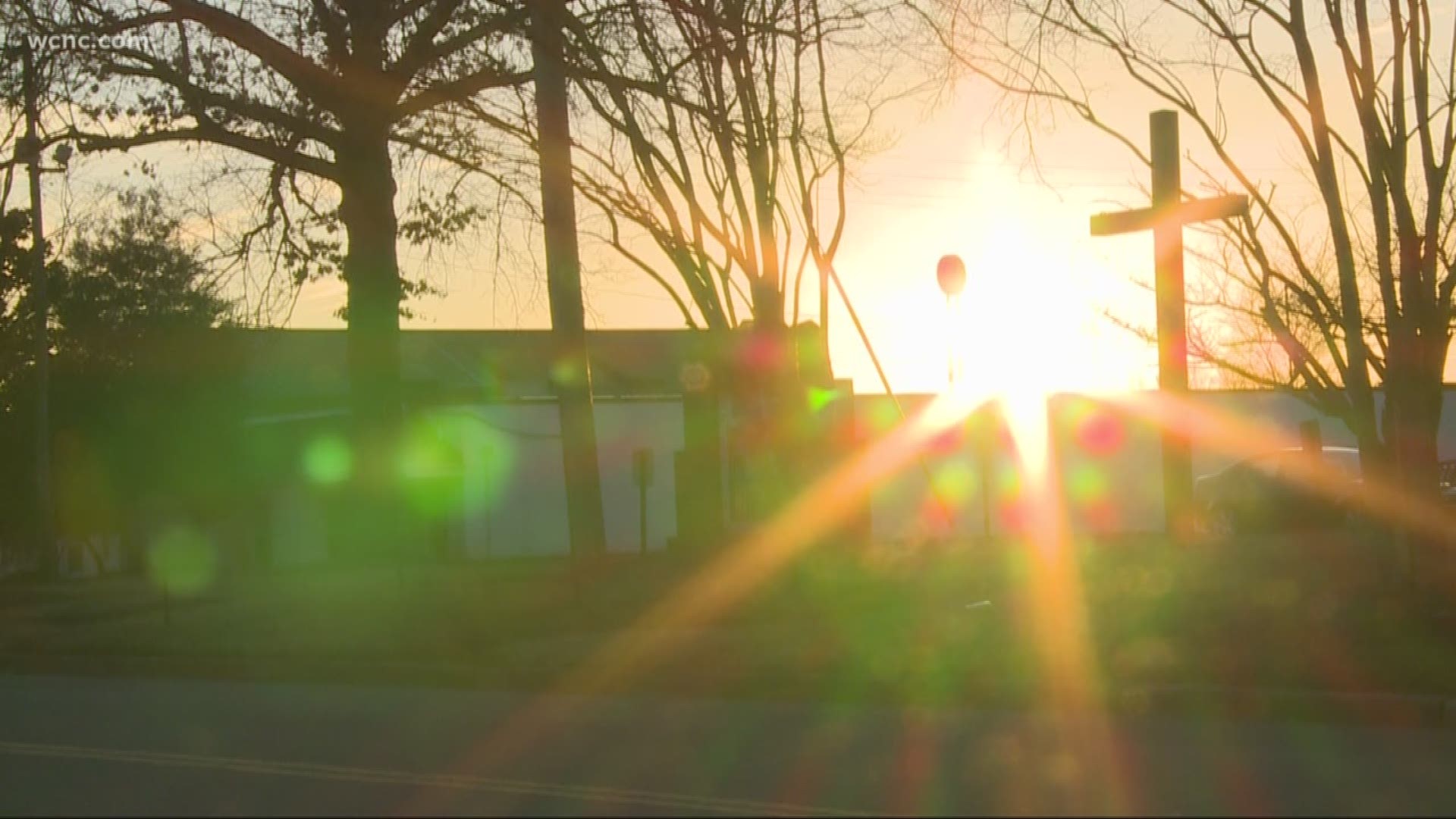CHARLOTTE, N.C. — In America, 700,000 people have undergone conversion therapy to date, according to the Williams Institute.
Many states have restricted or banned the practice. But in the Carolinas, it's still happening.
An NBC Charlotte investigation found thousands of men women and teens in the Carolinas are currently enrolled in programs aimed at reversing or overcoming homosexuality.
So-called conversion therapy is almost always led by religious leaders and is currently practiced in the form of camps, classes, and one on one counseling.
“Based on the way homosexuality was addressed from the pulpit, I believed that though everyone was broken because of sin, I was a little more broken because my particular sin was an abomination,” Joshua Crocker told NBC Charlotte.
Crocker, who now lives in Greenville, S.C. said although he felt same-sex attractions from a young age, he didn't want to be gay.
“I wanted a solution. I wanted it to be gone. I wanted it to be fixed," he said.
After two decades hiding his secret, he began meeting with a conversion counselor based in Greenville.
"I believed it was something I needed to fight against," Crocker said. "That I might be able to experience victory over it if I prayed hard enough, believed hard enough studied the right things."
Conversion or reparative therapy -- the idea that homosexuality can be fixed -- has been around since the late 1800s when cures included lobotomy and castration.
Today, it more often manifests in the form of faith-based camps or counseling sessions.
“Those conversations with the counselor reinforced that idea that I am inherently gross," Crocker recalled of his sessions. "That something was so wrong with me it couldn't be fixed unless I lived a lie."
Today, the effectiveness of conversion therapy has been widely discredited and criticized. Some studies have directly linked it to suicide.
“I remember yelling at God while I was in my car going down the highway asking Him why he hadn’t fixed me yet," Crocker said. "I started thinking through where I could crash my vehicle and how I could make sure that I don’t make it."
But those who practice the therapy said it's not as harrowing as it's made out to be. Meleah Allard, executive director of New Beginnings Support Ministry, said her mission is to help those struggling with their sexual identity.
“We’re here for people who have faith, and they have unwanted same-sex attractions," Allard said.
"Do I believe you can pray the gay away?" she smiled. "Well, if a person is motivated towards change and they’re willing to surrender to their Savior, I believe He’s capable of changing them.”
This belief, Allard said, comes from firsthand experience.
“I lived as a lesbian woman from the time I was 18 until I was about 28," she said. "But I made a choice to not act on those attractions anymore.”
She said that is what her ministry is helping others accomplish.
“If people are gay and they’re happy, our ministry is not for them, more power to you," she said.
Fifteen states have some law against conversion therapy, particularly in regards to minors. But in the Carolinas, parents can legally enroll their children in these programs and camps.
“Occasionally parents will drag their teenagers into my office, and their goal is for me to fix them for me to change them," Allard admitted. "But the kid has to convince me they want to be there; they can’t be being manipulated or coerced.”
Some human rights groups said there are still-active conversion organizations that use physical and emotional abuse in their sessions.
"I’m not negating the fact that there have been some people practicing those methods that have behaved in ways that were morally wrong, ethically wrong," Allard said. "My ministry doesn’t.”
For some who have gone through it, like Joshua, the therapy was not a saving grace -- it was agony.
”If you could go back and talk to that 20-something-year-old guy who was driving down the road crying begging to be fixed what would you say?” NBC Charlotte's Savannah Levins asked Crocker.
“I would tell him he’s not broken, and that nothing good grows in the darkness," Crocker replied.
Crocker is now in a committed relationship with another man and hopes to one day renew his relationship with God.
"I am learning to be a full person for the first time in my life," he said.
Allard feels the same.
"My life is totally transformed," she said.
After leaving her lesbian partner, Allard married a man. She and her husband have been married 25 years and have four children.
"I really love myself probably for the first time ever," Allard said.
Crocker echoed the same words.
"I can honestly say for the first time I love myself," he said.

